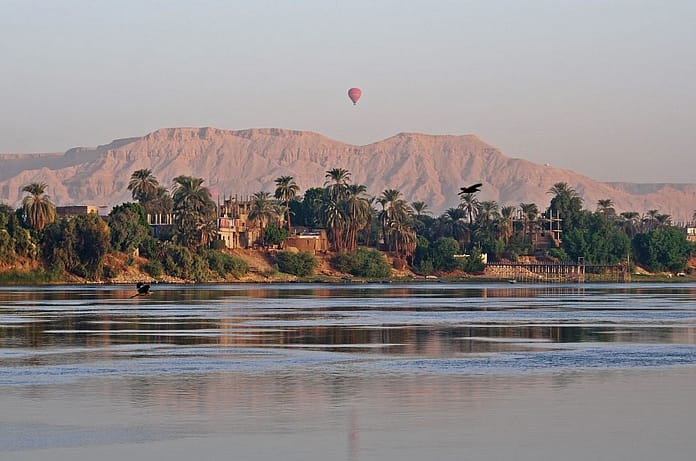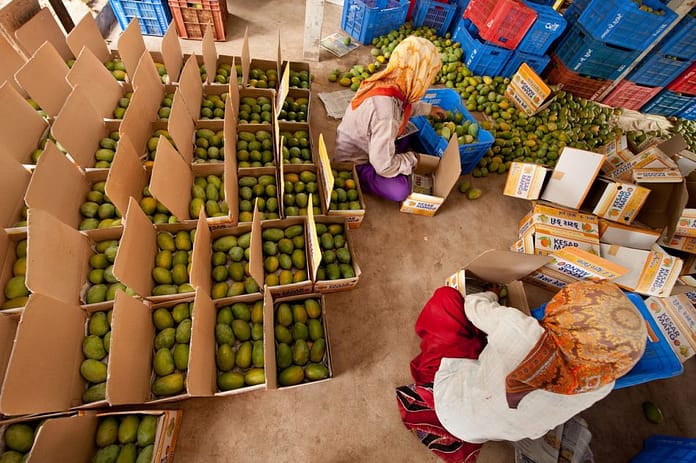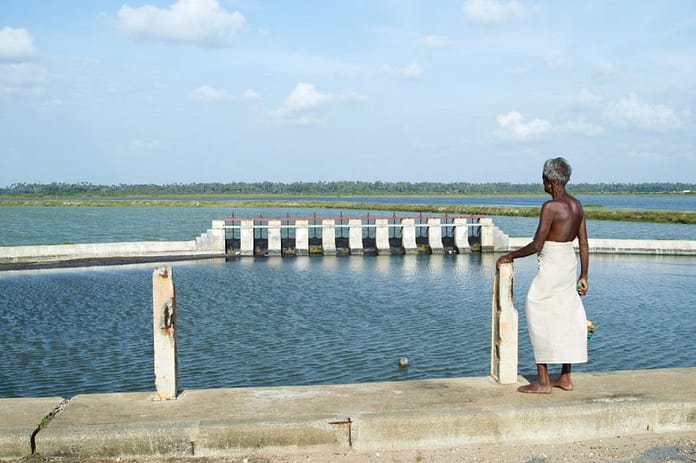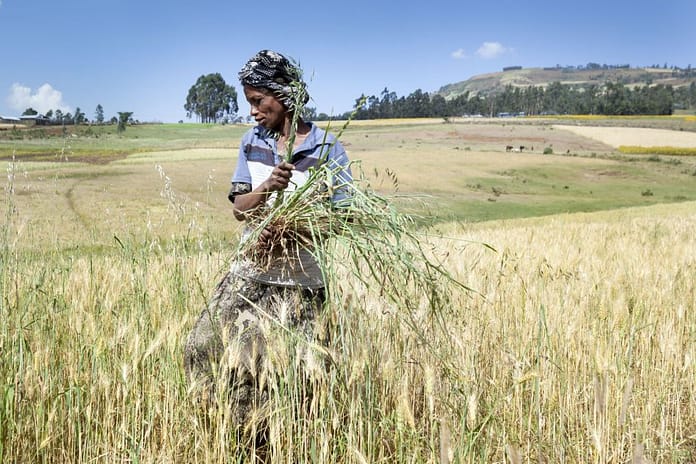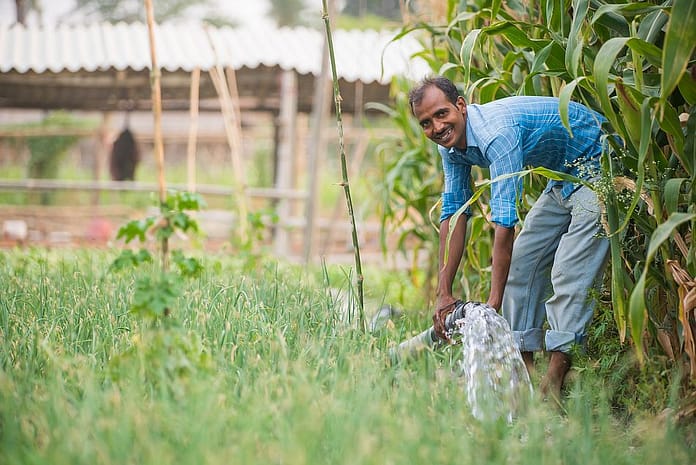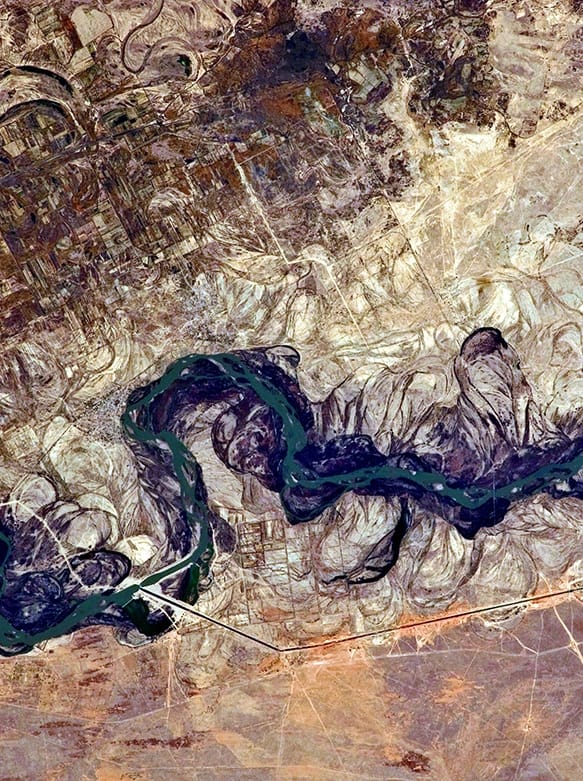By Davy Vanham and Laura Keil
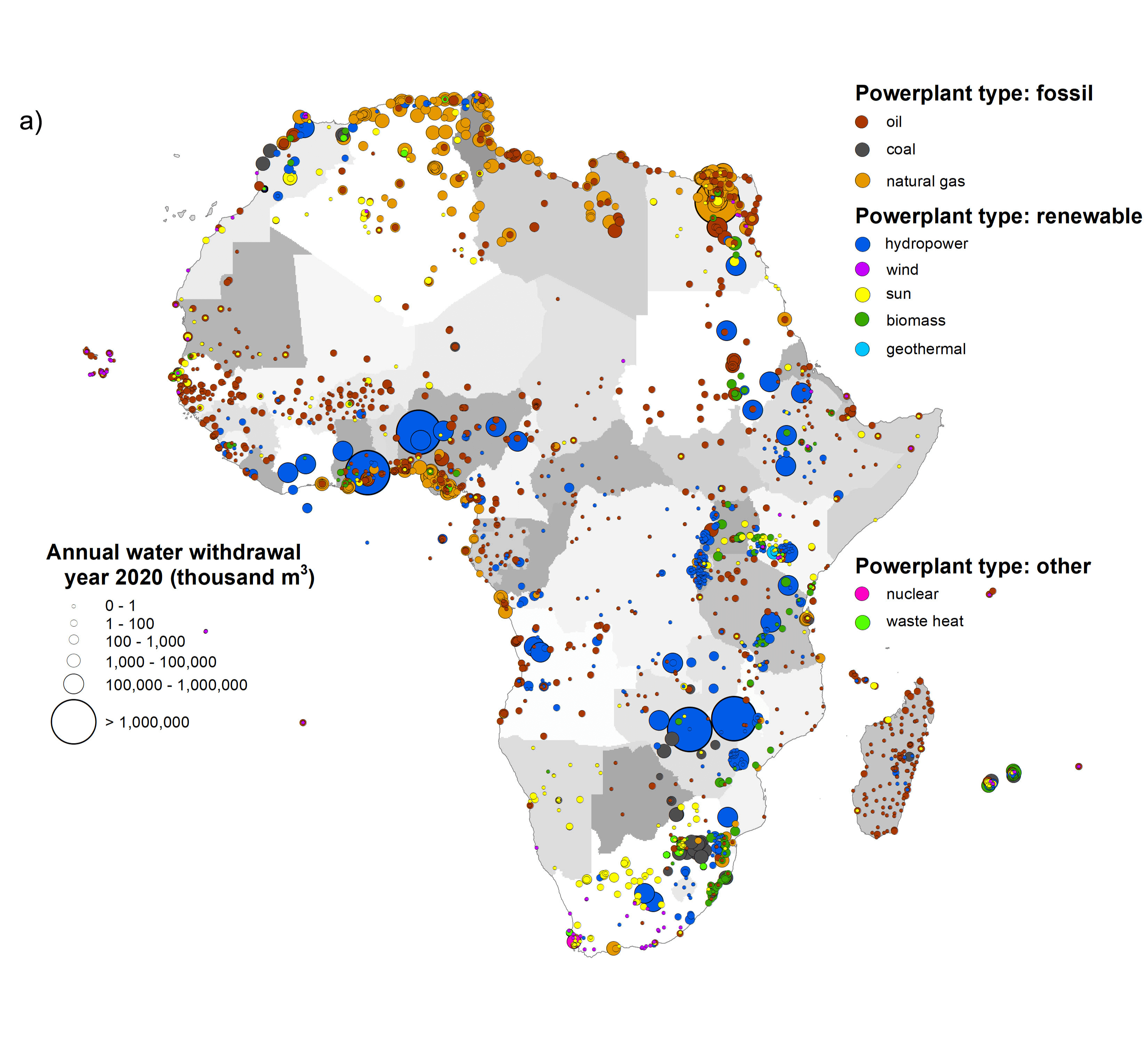
The International Water Management Institute (IWMI), through the Foresight Initiative, is providing valuable statistics on water management and energy production in Africa through an open access database. IWMI’s research provides the most detailed analysis on freshwater demand for electricity in Africa for the year 2020. This level of data use is unprecedented: previous statistics and reports are scarce.
Africa is predicted to have the largest population growth of any continent between now and 2050. The continent will therefore experience a surge in water demand. Water use for energy is increasing globally, but there is a high degree of uncertainty in the African context. Electricity production requires substantial amounts of water, yet no spatially detailed analysis differentiating energy types and covering the whole African continent exists for the current decade. This data gap is due to limited national availability and the placement of scientific information behind paywalls.
This research fits within the wider picture of water use in Africa. Water intensity – the amount of water required to produce a unit of energy – for different energy sources varies significantly. Reservoir hydropower exhibits high water intensity, while other renewable energy sources such as wind and solar power have low intensities. Hydropower is sensitive to climate change: productivity has recently decreased due to droughts. A diverse portfolio of renewable energy increases resilience. The selection of renewable energy to develop when decarbonizing the continent will have a great impact on overall water demand.
Through utilizing exclusively open access data, IWMI researchers and collaborators from the University of Groningen (Netherlands) and the Escuela Politécnica Nacional (Ecuador) ensure that the data remains freely available to all. This is particularly crucial in Africa because stakeholders often lack the funds to purchase data essential for decision making. As Africa experiences rapid development, this database aims to serve as an exceptional and free resource for sustainable growth.
Read further analysis of this research in Environmental Science: Water Research & Technology.


